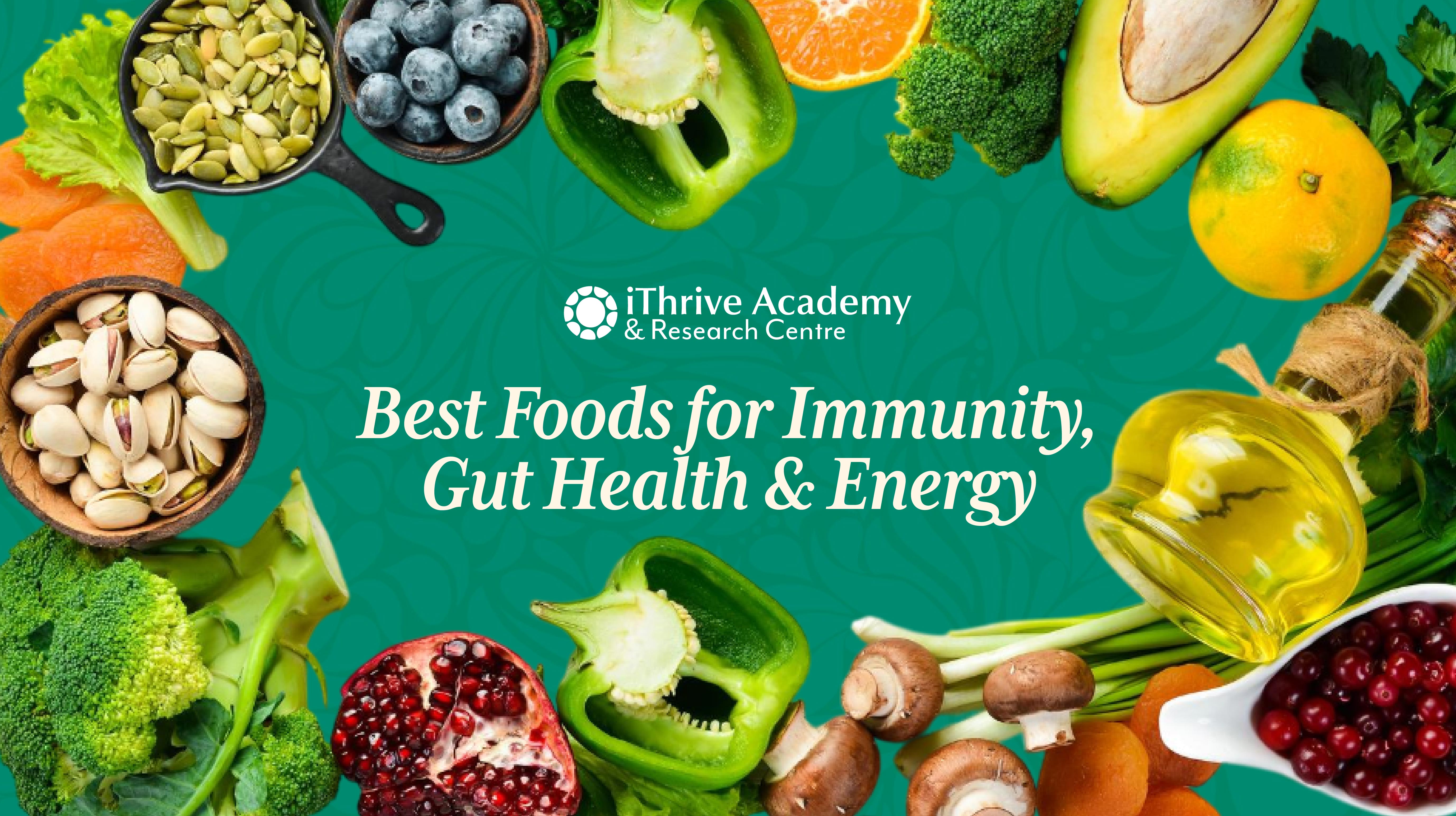You know that feeling, don't you? That deep, gut-level hope that your child will just soar. Not just get by, but genuinely thrive - curious, focused, emotionally balanced, ready for anything. Watching their little minds whir, those endless questions, the sheer joy of discovery… it gets you thinking, what's the real magic to truly ignite that incredible spark?
Here’s a thought, one that you might already suspect. The most profound way to shape their cognitive power, their ability to concentrate, learn, and even handle big feelings, isn't found in the latest gadget. Nope. It's often right there, sitting on their plates. This isn't about fancy, fleeting trends. It’s about grasping that the right brain food for kids lays the foundation. It can truly improve kids brain power food by food, one mindful bite at a time. Let’s unwrap the simple, powerful secrets to sharper minds and brighter futures.
The Brain-Food Link: Why What They Eat Truly Powers Their Potential
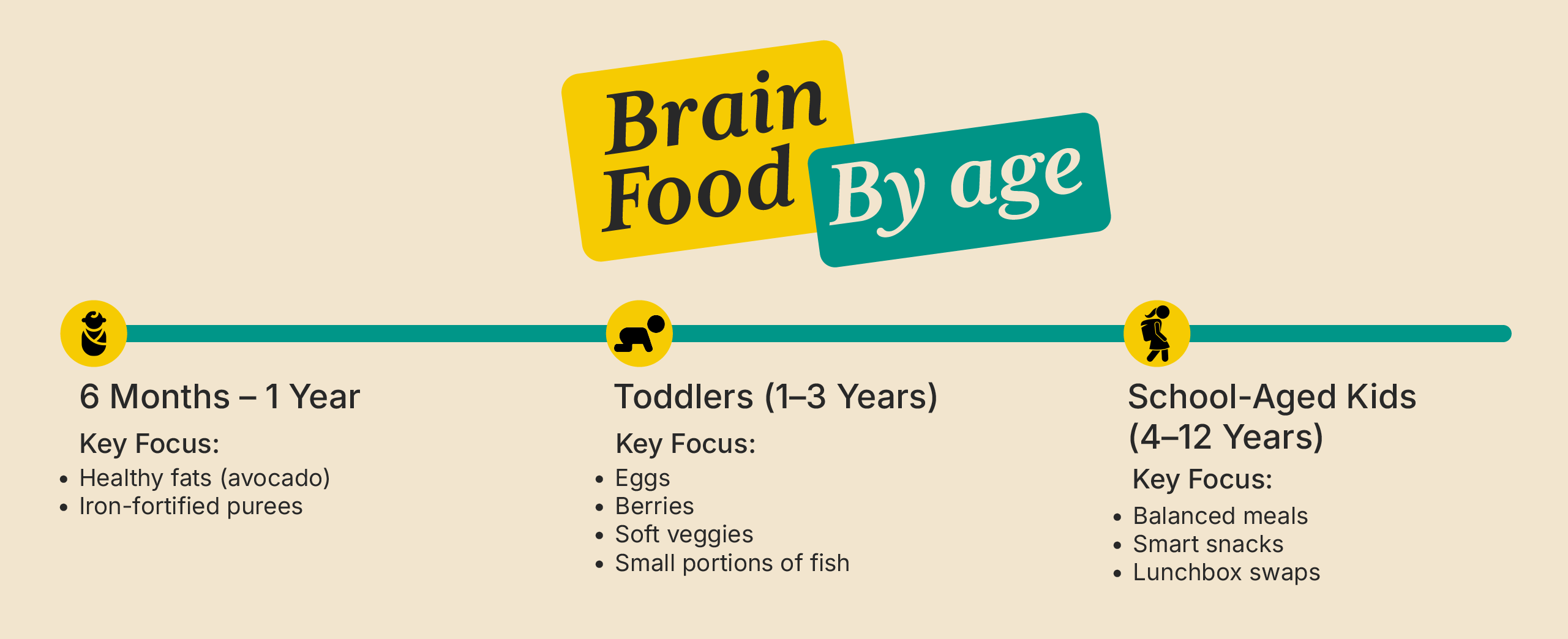
Honestly, a child's brain is just astonishing. From tiny babyhood right through their school years, it’s a constant, furious building site. By age 5, that little brain is already nearly adult-sized, constantly wiring itself for every thought, every emotion, every new skill. And here's the kicker, every single piece of this miraculous structure, every neuron, every pathway is directly assembled from the nutrients they gobble up.
Think about it: Like you wouldn't build a sturdy house with flimsy cardboard, right? Expecting a child's brain to function at its peak on a diet full of sugar, unhealthy fats, processed and packaged foods or empty calories is pretty much the same. It just won’t stand as strong, won't operate as smoothly. When we talk about healthy kids' brain food, we're diving deeper than just calories. We mean the precise vitamins, minerals, and fats that literally build brain cells, forge neural pathways, and create those vital chemical messengers called neurotransmitters that zip messages around.
These messages impact everything, memory, focus, mood, and even behaviour. When kids struggle with concentration or seem overwhelmed, looking closely at their plate often reveals the critical missing pieces. Address those, and truly remarkable changes can begin.
Nutrient Superstars: Fueling Every Stage of Their Development
To truly fuel a child’s developing brain, we need to understand the two key nutrient groups: macronutrients and micronutrients. Each plays a unique, powerful role, from providing raw energy to fine-tuning the tiniest brain signals.
Macronutrients
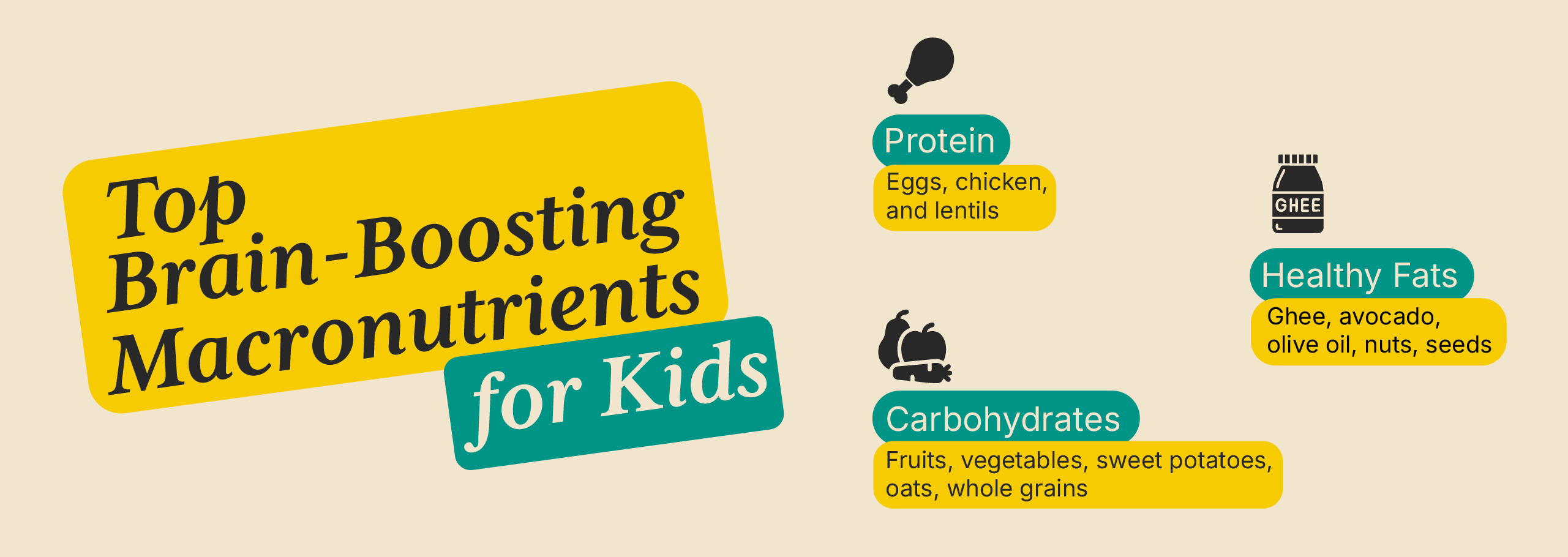
These are the big players, the nutrients that we need in larger amounts for growth, energy, and repair.
- Protein
The primary building block of the body. Proteins are made of amino acids that help form neurotransmitters like dopamine and serotonin (which affect focus, mood, and motivation). Protein also supports immune function, hormone production, muscle growth, and tissue repair. Good sources include eggs, chicken, and lentils.
- Carbohydrates
The brain’s preferred source of fuel. Quality carbs from fruits, vegetables, and whole grains release glucose slowly, helping to maintain steady energy and stable blood sugar, which directly impacts focus and mood. Avoid the sugar crashes from processed or refined carbs.
- Fats
Essential for brain structure and function. Healthy fats help build cell membranes and support hormone regulation and nutrient absorption, especially fat-soluble vitamins like A, D, E, and K. Prioritize sources like nuts, seeds, olive oil, ghee, and avocado.
Micronutrients
Though needed in smaller amounts, these mighty nutrients are critical for brain development, learning, and emotional regulation.
- Vitamins like B-complex, A, C, D, E, and K.
Each plays a different role, right from energy production and immune function to vision, nerve health, and reducing oxidative stress. B-vitamins especially support cognitive energy and the creation of neurotransmitters.
- Minerals such as like Iron, Zinc, Magnesium, Selenium, and Iodine
These are crucial for neuron communication, oxygen delivery, focus, and memory consolidation. Even slight deficiencies can impair learning or mood.
- Omega-3 Fatty Acids
These aren't just "good fats." They're like the master architects of the brain's very structure. They build cell membranes, making brain signals zip around faster. This helps with learning, memory, and even mood. Find them in fatty fish like salmon or sardines, and in flaxseeds or chia seeds.
- Choline
Often overlooked, but vital for memory and creating a key learning neurotransmitter. Free-range eggs are a fantastic, and easy source.
- Antioxidants
Found in colourful fruits and vegetables. These are like tiny shields, protecting delicate brain cells from damage and inflammation, keeping everything sharp. Berries, bell peppers, and citrus fruits are powerhouses.
- Polyphenols
These powerful plant compounds found in foods like berries, green tea, and herbs support blood flow to the brain, reduce inflammation, and enhance neuroplasticity, the brain’s ability to adapt and grow.
Now, how does this change as they grow? The food for brain development of a 6 month baby largely focuses on iron-fortified purees and healthy fats from avocado, alongside breastmilk. As they hit toddler years, it's about introducing a wider, diverse range of whole foods. For school-aged kids, the challenge is keeping nutrient-dense choices appealing in the face of processed temptations, ensuring their lunchboxes are packed with foods to increase concentration in kids that sustain focus, not sugary crashes. Understanding these age-specific needs is truly key to supporting a child's brain, constantly, through every single stage.
iThrive Academy's Approach: Unlocking Nutritional Expertise for Cognitive Growth
Look, at the world of nutrition? It can feel like a total maze, especially when you’re dealing with something as precious as a child’s developing brain. How do you actually cut through all the noise and apply strategies that work? Well, that's precisely where iThrive Academy comes in. We’re here to give health professionals, parents, and truly anyone passionate about wellness, the deep, functional nutrition knowledge needed to make a tangible, lasting difference. We don't just hand you facts, rather we teach you the how – how to apply it personally, effectively, and always rooted in Functional Nutrition.
At iThrive Academy, our core philosophy is built on three crucial pillars. These are the foundations we lay for every single student, gearing you up to be a genuine game-changer in children’s health:
- Mastering Personalized Nutrition Protocols
Forget those one-size-fits-all diet plans. Our curriculum dives deep into crafting evidence-based meal blueprints that are completely bespoke. You’ll learn to truly assess individual needs, spot those tricky nutrient deficiencies or sensitivities, and design dietary plans that actually work for that child.
This means knowing precisely what foods for brain development kids need based on their unique biology, making interventions not just impactful, but genuinely sustainable for families. You’ll be empowered to create strategies that truly improve kids brain power food by food, adapting to their age, preferences, and health picture.
- Targeted Supplementation Strategies
While real, whole food is always our first love, sometimes, bridging critical nutritional gaps just requires a little extra help through targeted, high-quality supplements. At iThrive Academy, you’ll master the learning to critically evaluate evidence, understand how nutrients interact, and confidently recommend specific, top-tier supplements that genuinely support cognitive function.
This isn't about guesswork, it’s about making precise, evidence-based recommendations for nutrients that support neurological pathways, neurotransmitter production, and cellular health. This expertise means you’ll know exactly how to increase brain power of child food and supplemental interventions.
- Integrating Lifestyle for Holistic Health
We fully grasp that nutrition doesn’t live in a vacuum. Our programs heavily emphasize how absolutely crucial good sleep hygiene, mindful movement, and effective stress management are for peak brain health. You’ll gain insights into how these lifestyle factors beautifully sync with diet, creating an environment where a child's brain doesn't just function, but truly flourishes leading to better focus, improved moods, and seriously enhanced learning. Our graduates often share incredible stories of positive shifts in children’s behavior and cognitive function, a testament to our comprehensive, root-cause approach.
Through our robust programs, like our flagship iThrive Certified Functional Nutrition (iCFN) or our specialized short courses, you gain more than just knowledge. You gain the confidence and hands-on expertise to look beyond the symptoms, address the very core drivers of health challenges, and truly guide families towards optimal brain development for their children.
Tips / Recommendations
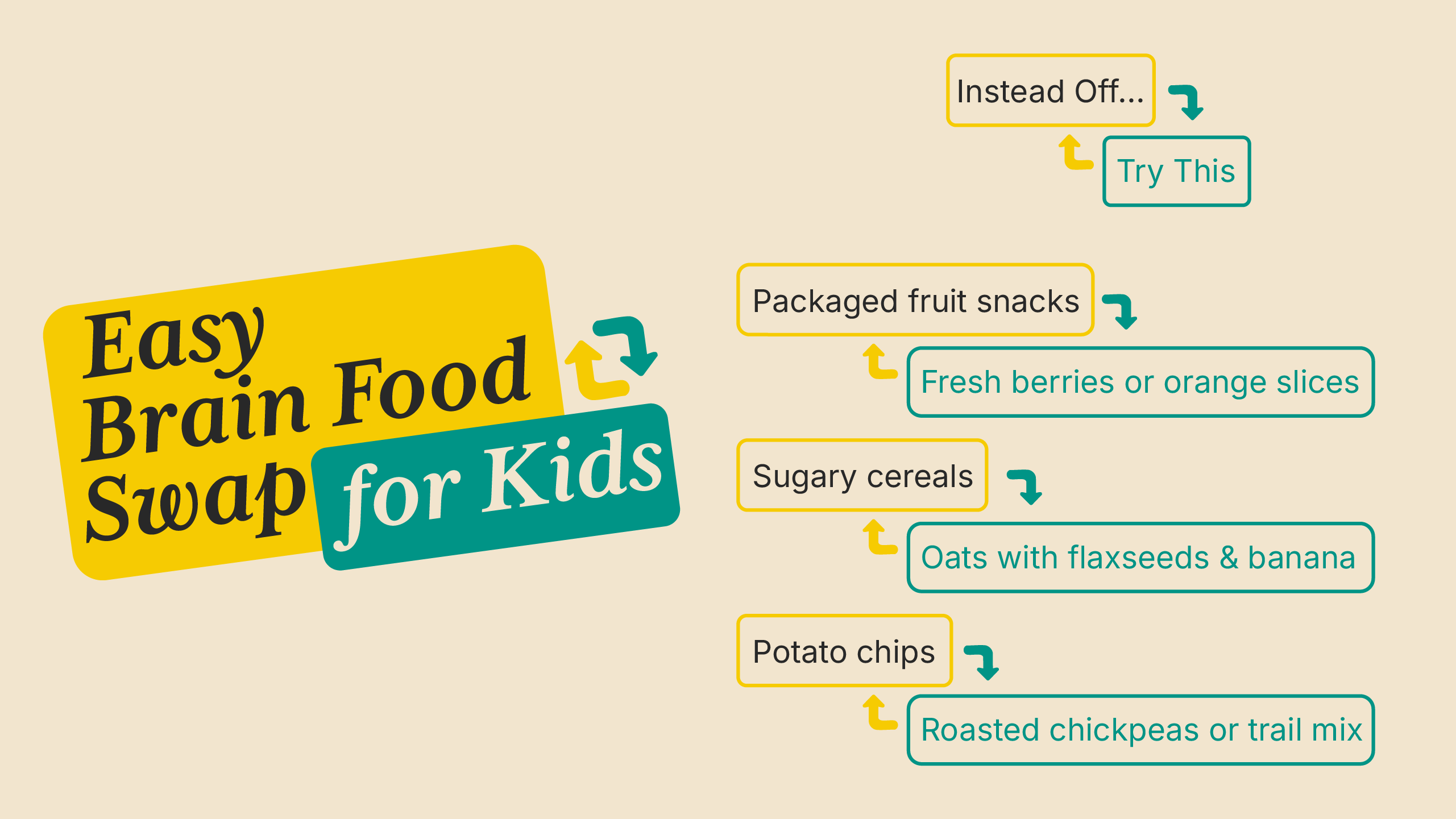
Ready to make a tangible difference starting today? Here are a few practical tips to boost your child's brain power through smarter food choices:
- Be a "Smart Swap" Superstar: Ditch processed snacks. Offer things like apple slices, a handful of berries, or homemade hummus with veggie sticks. Easy, effective, and loaded with healthy kids' brain food.
- Paint a Food Rainbow: Encourage a variety of colorful fruits, veggies, nuts and eggs daily. Different colors mean different brain-boosting goodies. Make it a fun game to see how many colors they can find on their plate!
- Embrace Healthy Fats: Include good fats regularly. Think of giving salmon a couple times a week, walnuts, or using avocado. These fats are brain fuel!
Conclusion
Nurturing a child's brain is truly one of life's most rewarding journeys. By embracing the power of brain food for kids and really understanding its profound impact, we're doing more than just boosting their smarts. We're giving them the essential tools for a lifetime of learning, resilience, and true well-being. This isn't about pushing for some "genius" label. It’s about nurturing unlocking each child's own unique, magnificent potential.
If you’re a passionate health professional, a parent dedicated to holistic wellness, or just someone eager to dive deep into functional nutrition and truly master how to increase brain power of child food by food, iThrive Academy is exactly your next step. Explore our comprehensive iThrive Certified Functional Nutrition (iCFN) program or check out our specialized short courses. Equip yourself with the knowledge and practical skills to transform lives, one beautifully nourished brain at a time.
Reference
Ferreira, A., Neves, P. and Gozzelino, R., 2019. Multilevel impacts of iron in the brain: the cross talk between neurophysiological mechanisms, cognition, and social behavior. Pharmaceuticals, 12(3), p.126.
Kennedy, D.O., 2016. B vitamins and the brain: mechanisms, dose and efficacy—a review. Nutrients, 8(2), p.68.



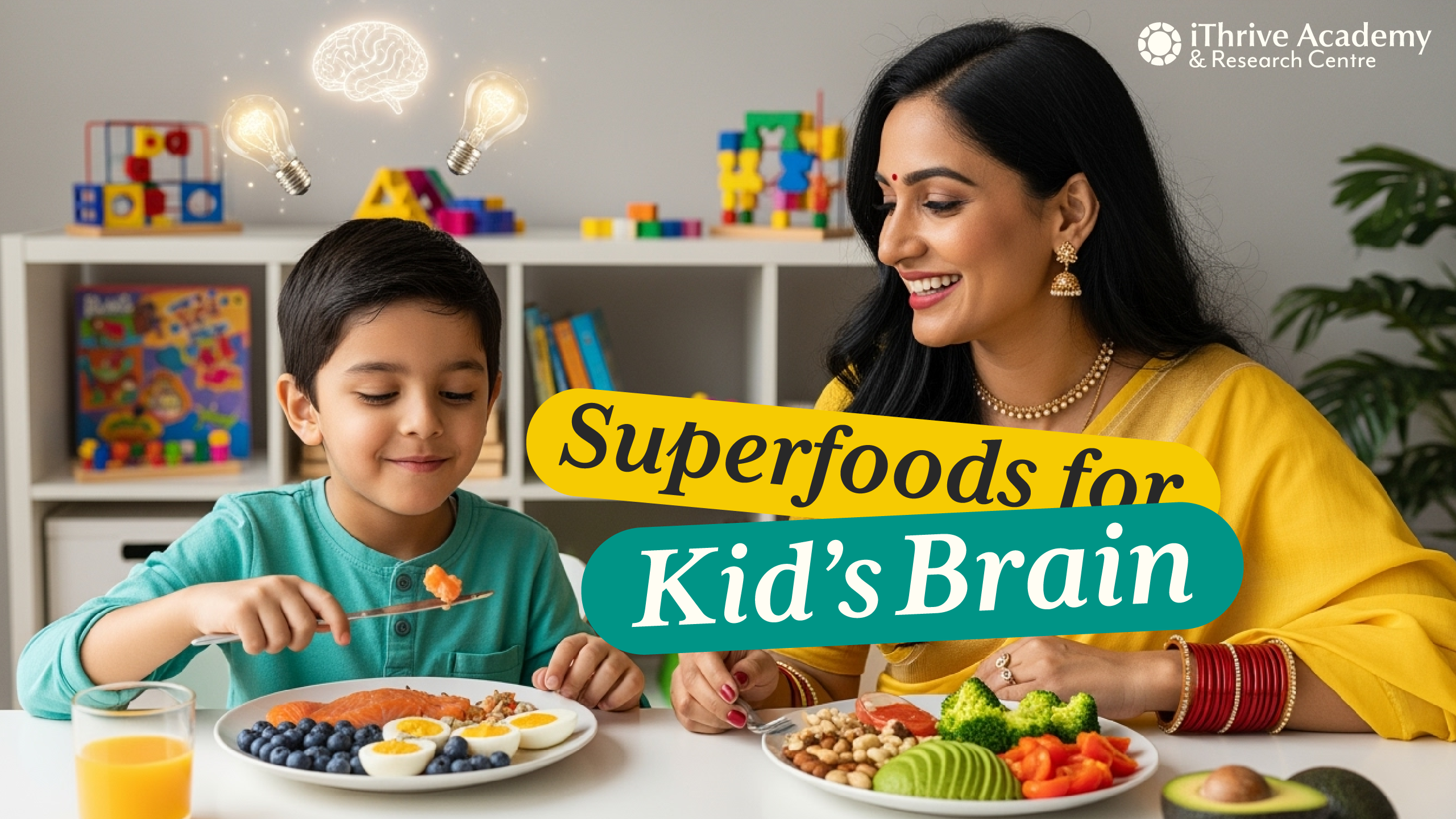



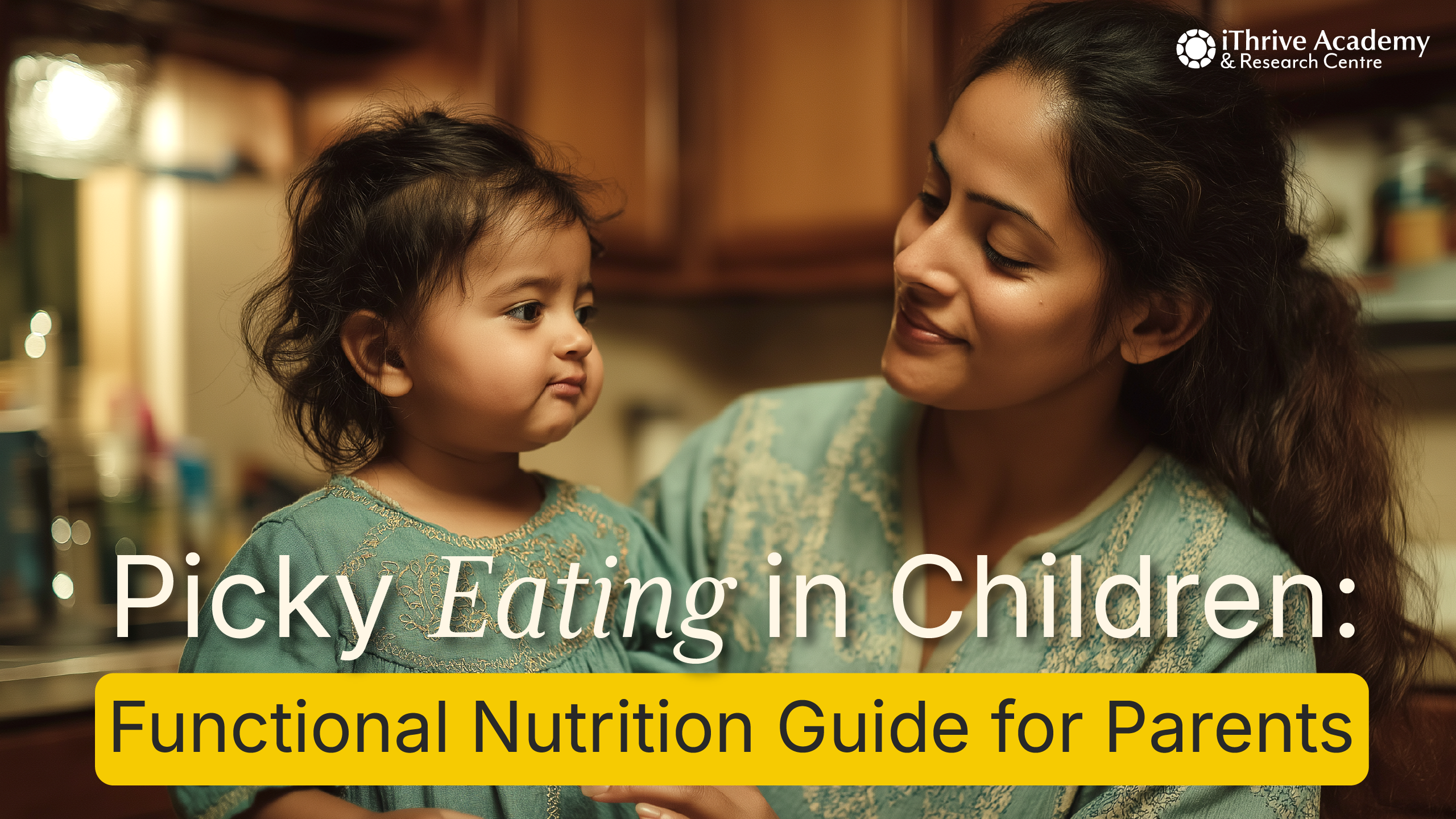
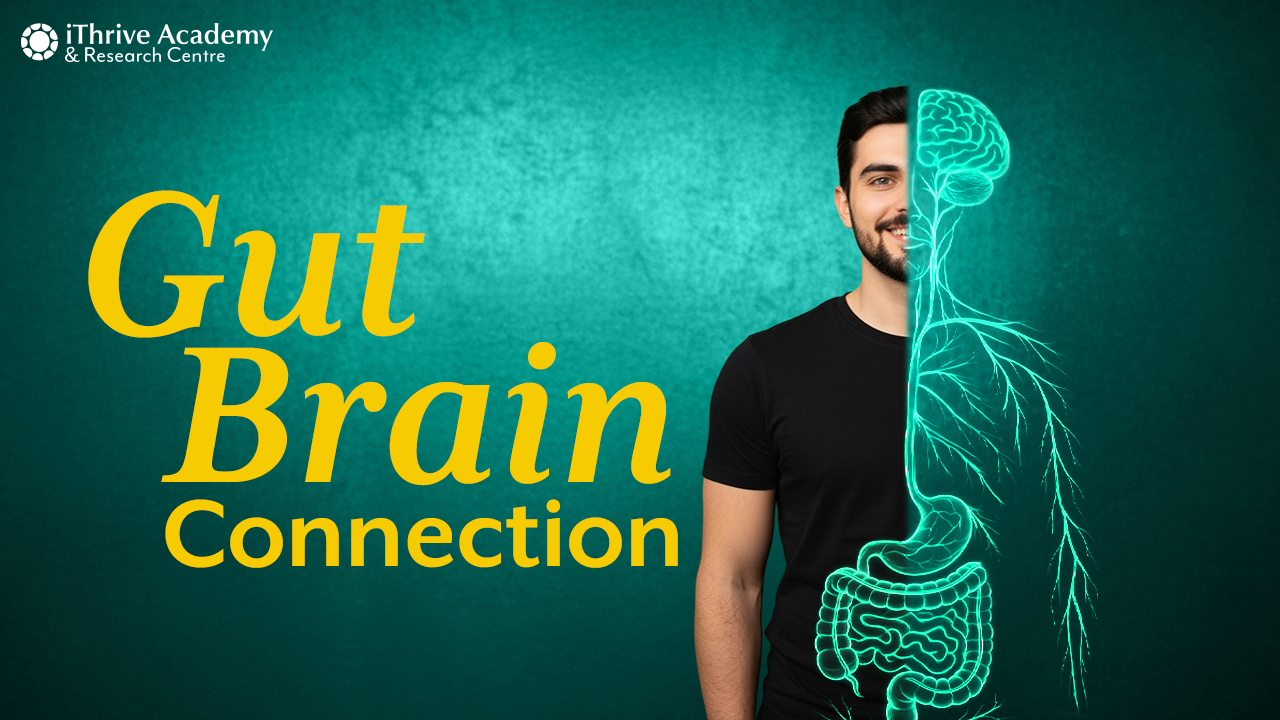

.jpg)

